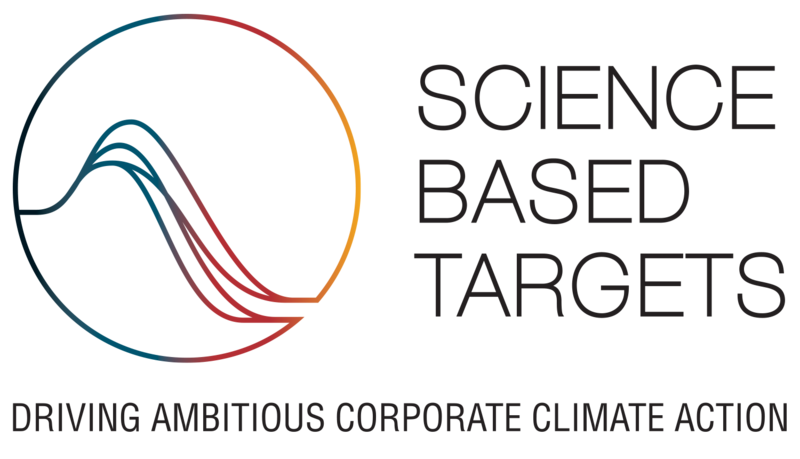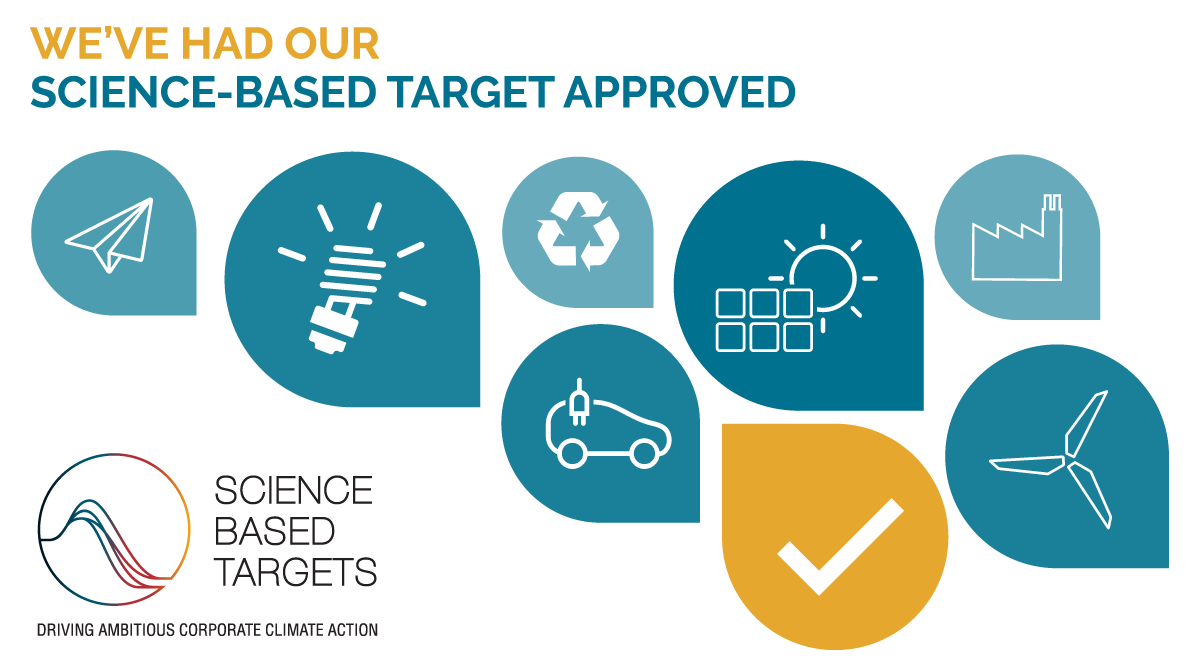Science Based Targets initiative:
A commitment to climate protection
By cutting Scope 1 and Scope 2 emissions in half by 2030, we want to make an important contribution to limiting climate change. Our emission targets have now been validated by the Science Based Targets initiative.

New requirements for emission reduction
We want to reduce our absolute Scope 1 and Scope 2 emissions by 50 % compared to the reference year 2018. This applies to CO2 emissions from burning fuels in our own facilities (Scope 1) and from bought-in energy (Scope 2). We also want to reduce the emissions that arise in the upstream and downstream stages of the value chain (Scope 3) at the same time – by 24 % per ton of copper cathode output. Aurubis plans to make a vital contribution to limiting climate change, which is why our ambitious target is for our production to be carbon-neutral well before 2050. Cutting CO2 emissions in half by 2030 is an important milestone on this path.
CO2 reduction targets until 2030
Our science-based reduction targets are an important milestone on the way to making our production carbon-neutral well before 2050.

Objective parameters based on science
In June 2021, the Science Based Targets initiative (SBTi) validated these targets. This confirms our contribution to limiting global warming to 1.5°C pursuant to the Paris Agreement with our targets. The SBTi is an international initiative of the CDP, the World Wide Fund for Nature (WWF), the UN Global Compact, and the World Resources Institute (WRI) with the goal of keeping global warming below 1.5°C through a 4.2 % annual reduction in CO2 emissions.
By joining the UN Global Compact initiative Business Ambition for 1.5°C in 2019, we committed to devising science-based CO2 reduction targets in accordance with the SBTi method, which is based on the Greenhouse Gas Protocol (GHG Protocol). The initiative is a global coalition of UN organizations, companies, and industry leaders in cooperation with the Race To Zero campaign. It calls on companies to set ambitious, science-based targets to reduce emissions.
“We support the European climate targets and will make a key contribution as a company.”
— Roland Harings, CEO
A variety of measures to achieve the targets
We are currently developing a detailed roadmap to help us achieve our climate goals. Regarding Scope 1 and Scope 2 emissions, we rely on technical measures such as decarbonizing plant facilities by using green hydrogen instead of fossil fuels, electrifying our production, utilizing waste heat, and expanding the purchase of green electricity. Approaches for reducing Scope 3 emissions include cooperation in the supply chain and increased recycling activities, for example.

